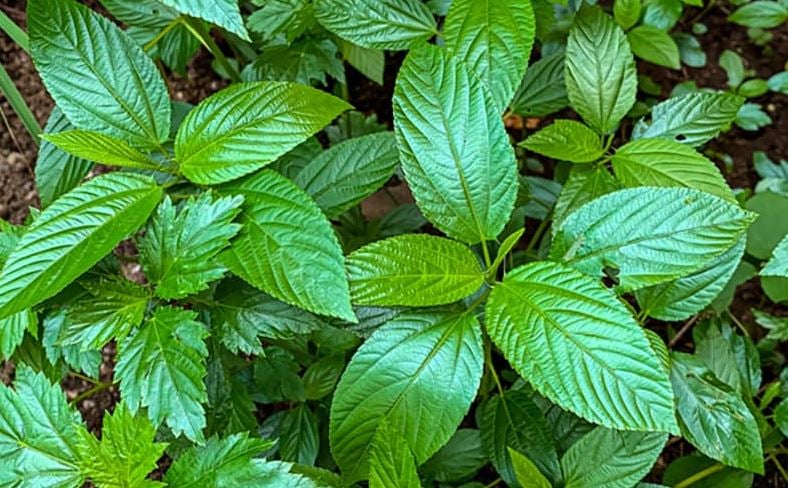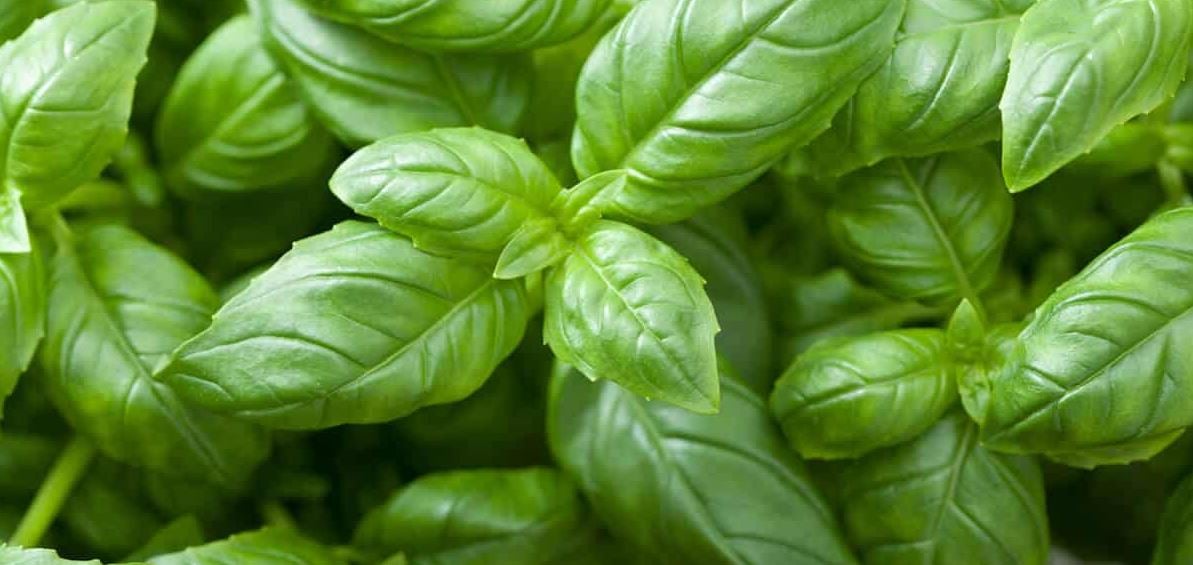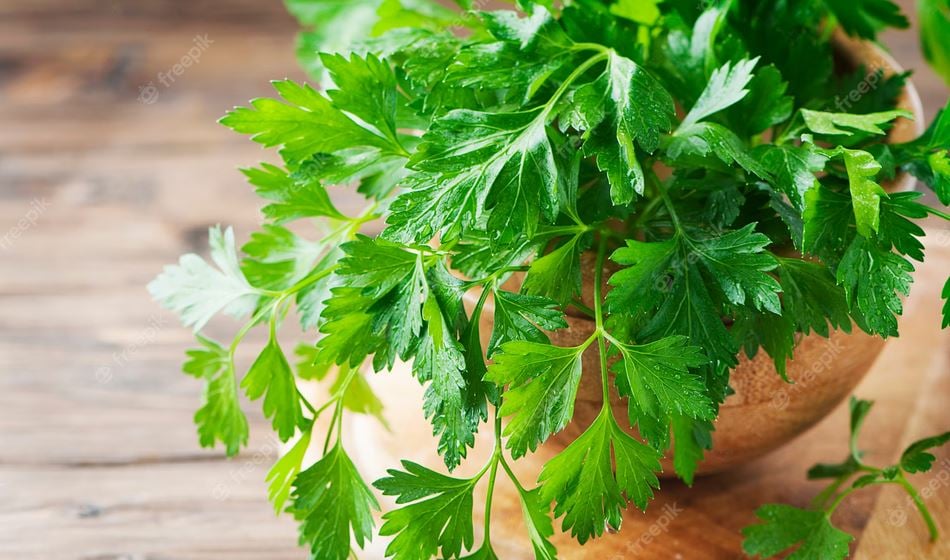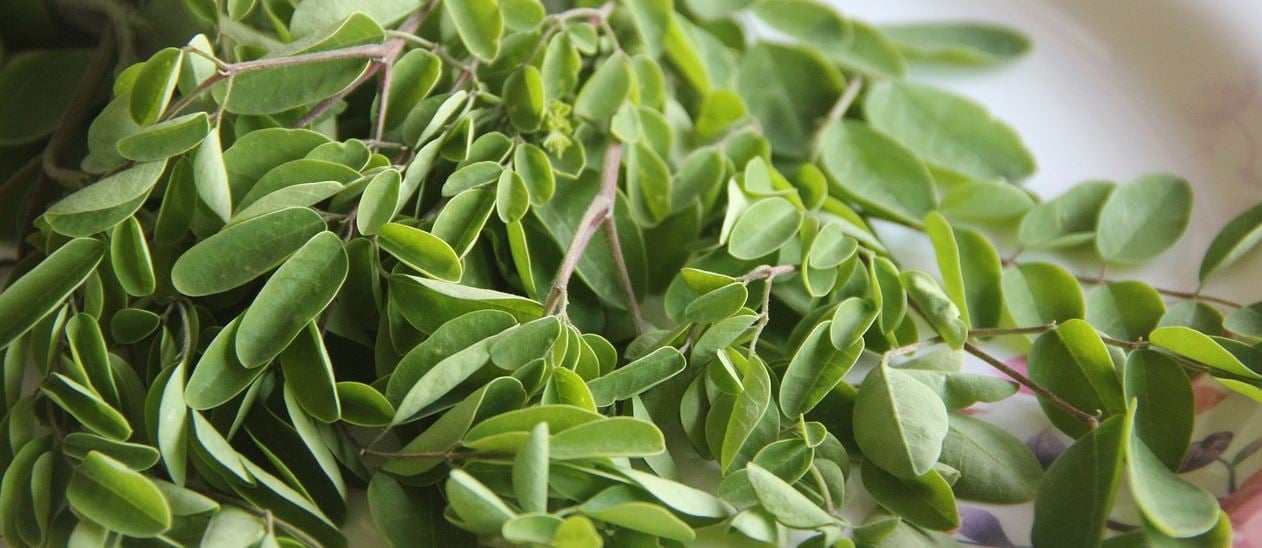15 Health Benefits of Jute Leaves (Ewedu)

Jute leaves, popularly known as Ewedu among the Yoruba and Rama or Ayoyo among the Hausa, are an essential vegetable in West Africa. This nutritious green is packed with vitamins and minerals and offers numerous health benefits, including disease protection. This article will explore the top 15 health benefits of jute leaves (ewedu) and how they can contribute to your overall well-being.
Rich in Nutrients and AntioxidantsJute leaves are rich in antioxidants and other nutrients humans need to stay healthy. These plants are widely used in many countries as vegetables, primarily because of their unique taste and texture. These dietary choices are rich in Vitamin E, vital in promoting health and wellness.
Moreover, ewedu leaves are rich in vitamins, carotenoids, calcium, potassium, and dietary fibers. These micronutrients aid in reducing the chances of illness in the consumer.
1. Vitamins and Minerals
Jute leaves are rich in vitamins, minerals, and other nutrients. A cup of jute leaves can provide as many as 22% of the daily recommended intake for vitamin C and 20% for vitamin A. It also has calcium, phosphorus, iron, magnesium, potassium, zinc, and the essential amino acids lysine and threonine.
a. Antioxidant Properties
Natural antioxidants protect the body from damaging free radicals and keep it safe. The excessive presence of free radicals in the body can lead to illnesses and accelerate the aging process.
Jute leaves are a good source of antioxidants, particularly vitamin E, which reduce the risk of heart disease. Jute leaves can also help reduce cancer risk by Cancertroying free radicals in the body.
b. Aids in Weight Loss and Digestion
Jute leaves are an excellent source of dietary fiber, making them helpful for weight management and promoting intestinal health. The leaves are also a natural insecticide, making them great for the environment.
Regular consumption of ewedu leaves can aid in digestion and bowel movement, reducing the chances of constipation. The absence of meat or fish in Ewedu implies that it has only 97 calories, making it a good option for individuals wishing to lose weight.
2. Supports Bone and Teeth Health
Calcium and phosphorus are vital minerals in jute leaves that help strengthen bones and teeth. These minerals maintain bone density and prevent the risk of osteoporosis, especially in younger children. Ensuring a sufficient intake of calcium and phosphorus through the consumption of jute leaves can contribute to healthy teeth and bones.
3. Improves Skin and Hair Health
a. Skin Health
Vitamin A, found in jute leaves, is essential for wound healing and skin regrowth. Our skin cells can benefit from this compound, reinforcing and maintaining their health and defending against skin cancer. Regular consumption of jute leaves can help improve overall skin health, preventing acne, fine lines, and wrinkles.
b. Hair Health
Omega-3 fatty acids in jute leaves promote hair growth and maintain its health and strength.
4. Protects Eye Health
Eye-related issues are the root cause of vision loss across the globe. Insufficient healthy food consumption, absence of essential nutrients, or heredity are the primary reasons for these ailments.
Vitamin deficiencies lead to problems like cataracts, glaucoma, and macular degeneration. A poor diet can cause several eye diseases, such as AMD, dry eye syndrome, and retinitis pigmentosa.
Research has shown that consuming vitamin B6 and other vitamins like folate can help prevent eye disorders and vision loss. Jute leaves are rich in vitamin B6, which helps slow the onset of certain eye diseases, including age-related macular degeneration.
5. Boosts Immune System
A robust immune system relies on Vitamin C to ward off illnesses such as viral infections and colds. Jute leaves contain Vitamin.
It also helps manage stress levels and improves mood. Jute leaves are also very easy to grow and can be used to make tea or soup.
Consumption of jute leaves frequently can enhance immunity and reduce the likelihood of contracting pneumonia or lung infections.
6. Reduces Cholesterol and Supports Heart Health
Jute leaves a common garden plant that many people love to grow, contain copper. Copper help reduces levels of bad cholesterol (LDL) and increases good cholesterol (HDL).
It can lower the chances of cardiovascular diseases like atherosclerosis, heart attacks, and strokes. Furthermore, Omega-3 fatty acids in ewedu leaves can improve heart health by reducing cholesterol levels.
7. Prevents Cancer
Cancer jute leaves help remove free radicals from the body, reducing the risk of Cancer. Cancer also contains antioxidants that help in fighting Inflammation and other diseases. Decorative bags and baskets are available in a spectrum of colors.
Antioxidants prevent the growth of tumors and protect the prostate and colon from toxins. Regular consumption of jute leaves can help reduce cancerous forms, including colon, cervical, and lung cancer.
8. Supports Healthy Pregnancy and Lactation
Pregnant women sometimes use jute leaves to relieve pain during long labor. It's a natural and eco-friendly way to do so.
You can place them on different body parts, like your forehead, stomach, knees, or other areas of pain, to help ease some discomfort in the mother's body.
Consuming a drink made from squeezed ewedu leaves can help during this time. Additionally, Jute leaves aid milk secretion in lactating mothers, providing essential nutrients for the mother and child.
9. Prevents and Treats Anemia
The body's ability to manufacture enough red blood cells depends on having enough iron. Jute leaves contain ample iron, essential for preventing anemia and promoting healthy blood cell function.
Regular consumption of jute leaves can help alleviate the symptoms of iron deficiency, such as muscle spasms and restless leg syndrome.
11. Maintains a Healthy Gastrointestinal System
Jute leaves have been used in traditional Indian medicine for centuries to remedy liver problems, including bleeding. Combined with turmeric, they are also helpful in protecting the liver from toxins. Jute leaves are a good source of Vitamin K, which is necessary to help prevent the growth of bacteria and other harmful microorganisms.
A decrease in Vitamin K can lead to gastrointestinal problems like colitis, obstructions, sprue, and Crohn's disease. Consuming jute leaves can help maintain a healthy gastrointestinal system by providing sufficient Vitamin K.
12. Prevents Asthma
Magnesium, a mineral found in jute leaves, benefits people with chronic Asthma. Regular consumption of jute leaves can help alleviate asthma symptoms, including wheezing and bronchial spasms. Magnesium helps regulate breathing patterns by relaxing the muscles that constrict the airways, calming an overactive nervous system, and reducing Inflammation.
13. Reduces Inflammation
For those afflicted with conditions characterized by swelling, including autoimmune diseases, allergies, and arthritis, the leaves of the jute plant offer natural compounds that can mitigate these symptoms and promote a greater sense of physical ease.
14. Supports Liver Health
Including jute leaves in the diet can ensure liver protection and improve its health. Jute leaves can aid in preventing liver disorders and maintaining their optimal performance.
15. Enhances Cognitive Function
Jute leaves are rich in antioxidants and can help improve cognitive function. Jute leaves are a great addition to your diet and have many benefits, including improving memory, concentration, and mental clarity. Consuming jute leaves contribute to brain health and help prevent dementia.
How Can Ewedu Be Prepared?
Ewedu, or Jute leaves, is a popular vegetable in West Africa, particularly Nigeria. To prepare Ewedu, wash the leaves thoroughly and remove the stalks.
To start, boil water and place the leaves in a pot. It is necessary to stir the leaves occasionally during cooking, which takes about 10-15 minutes until they become soft and tender.
Mix the leaves with a blender or wooden spoon until they achieve a smooth and silky consistency after taking the pot off the stove.
You can serve Ewedu with Nigerian dishes such as Amala, Pounded Yam, or Eba.
To make the pepper sauce, blend fresh peppers, onions, and tomatoes in a blender and then cook in a pan with some palm oil and seasoning until it thickens. Some add crayfish or dried fish to the pepper sauce for extra flavor.
Conclusion
Ewedu, another name for jute leaves, is highly beneficial for your health and can help maintain your well-being. Introducing these foods into your meals, you may experience a sense of increased vitality and better overall health.
Incorporating these elements into your diet can strengthen your immunity and enhance the condition of your skin and hair. By regularly consuming jute leaves, you can enjoy their numerous advantages, including weight loss, better digestion, and protection from various diseases.




